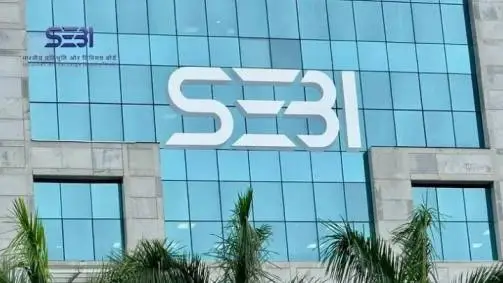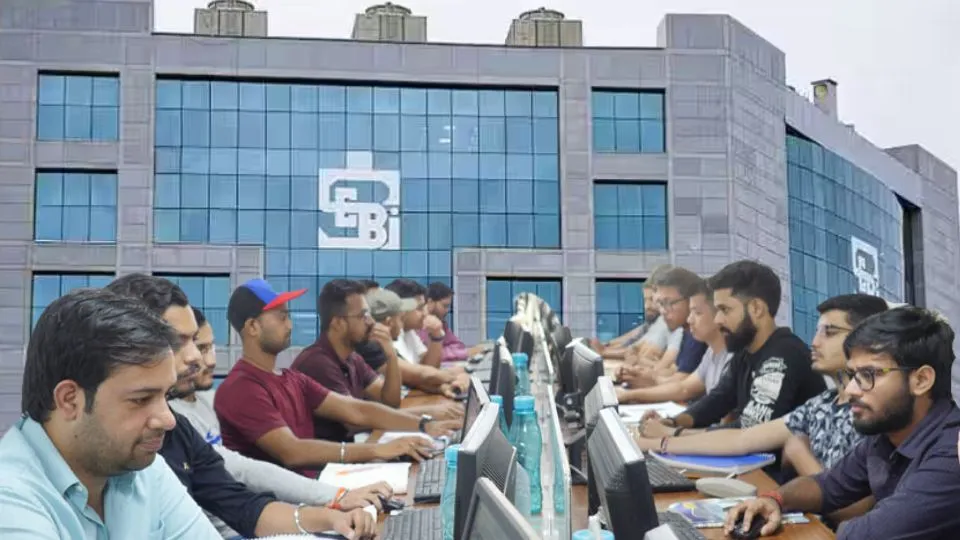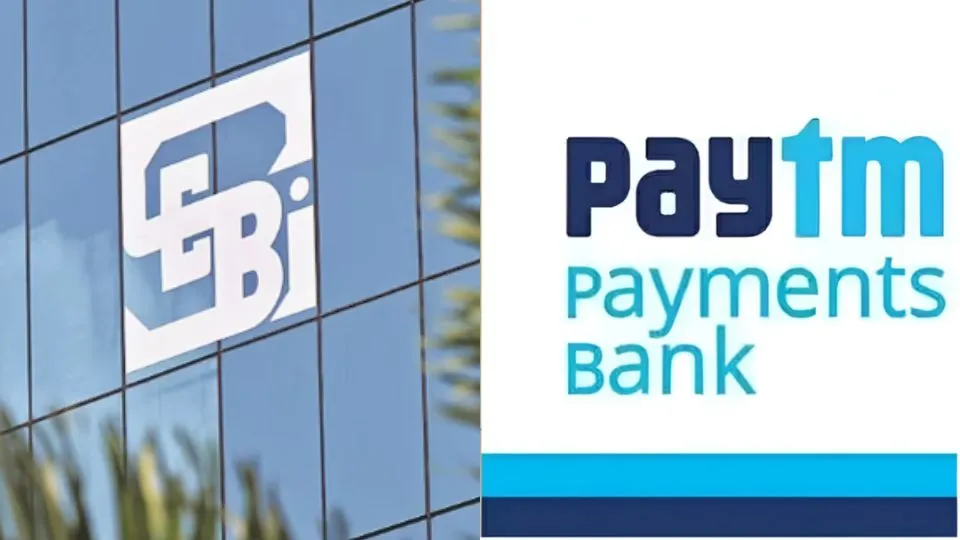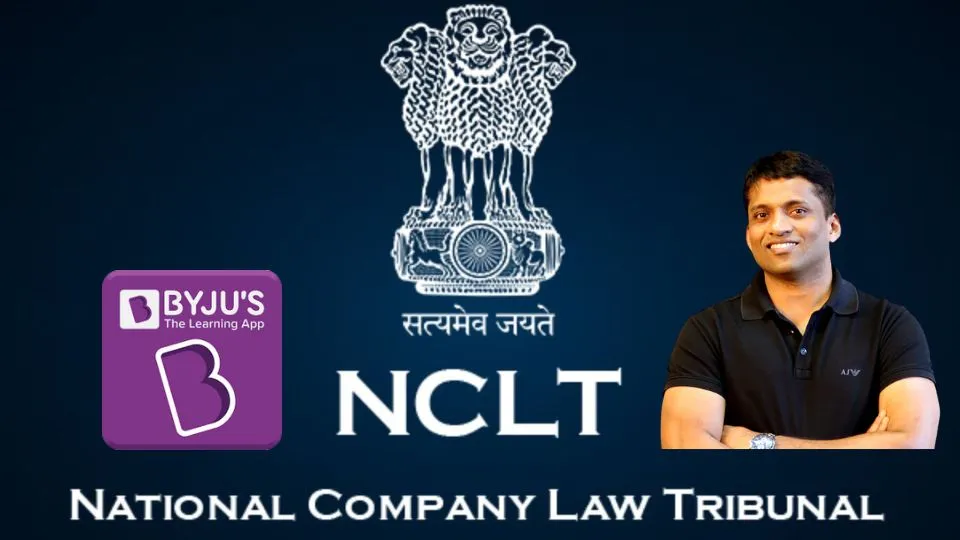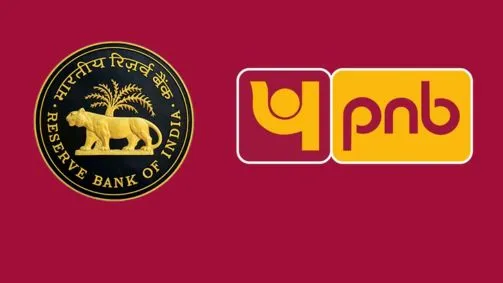Market Watchdog Securities and Exchange Board of India (SEBI) is considering exemptions for certain Public Sector Banks (PSBs) and Central Public Sector Enterprises (CPSEs) concerning meeting a minimum 25% public shareholding requirement in these entities. According to media sources, these entities will be allowed by SEBI to meet this requirement gradually, potentially by August 2024.
Also Read | SEBI Greenlights Same-Day Settlement and Overhauls IPO, FPI, and AIF Rules
State-Run Lenders Opting for Capital Infusion via QIP
Media sources suggest the state-owned lender is in the process of raising funds from Qualified Institutional Placement (QIP), ultimately resulting in an unprecedented reduction in the government’s stake in such institutions. Specifically, earnings before taxes (EBT), and earnings after taxes (EBT) are considered for calculating investment in public sector banks and this will help in governance and shareholder norms.
At present, the government stake in five public sector banks, namely Indian Overseas Bank, UCO Bank, Central Bank of India, Punjab & Sind Bank and Bank of Maharashtra is more than 75%. The remaining government stake in these banks, valued at over INR 65,000 Cr based on current market prices, poses a major compliance challenge.
Government Divestment Efforts in PSU Units
To diversify the government holdings and meet the regulatory requirements the central government has divested its holdings into 6 Public Sector Units (PSUs) over the past 12 months. Notable names include Hindustan Aeronautics Limited, RVNL, SJVN, Coal India, HUDCO and NHPC, with shares of these 4 companies doubling from the OFS floor price.
Also Read | CCI’s Notice to Muthoot Finance for Allegations of Data Misrepresentation
PSU Banks Pursue Capital-Raising Strategies
Apart from attracting investors through qualified institutional placement, the state is in the process of equity QIP, and this is increasing the dilutive effect of government stake. Leading the way are the names of banks like Central Bank, Indian Overseas Bank (IOB), UCO Bank, Punjab & Sind Bank and Bank of Maharashtra, according to which the government share is 80% or 90%.
